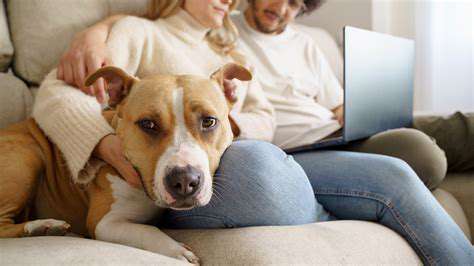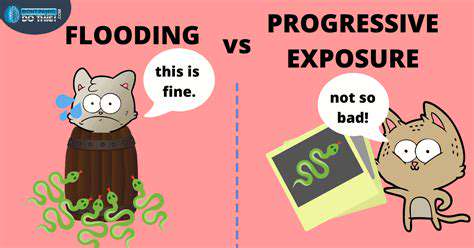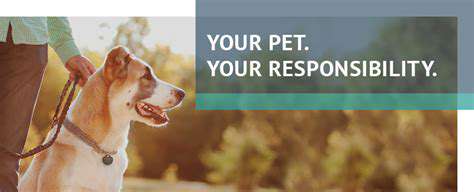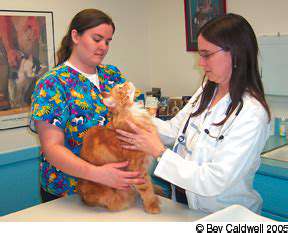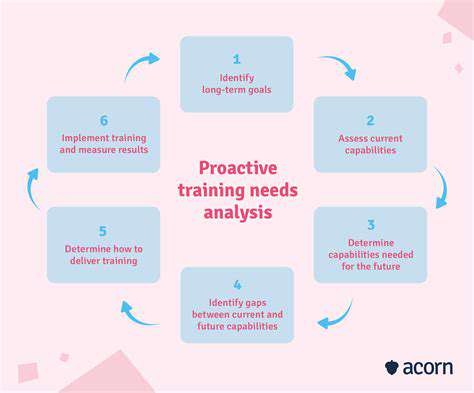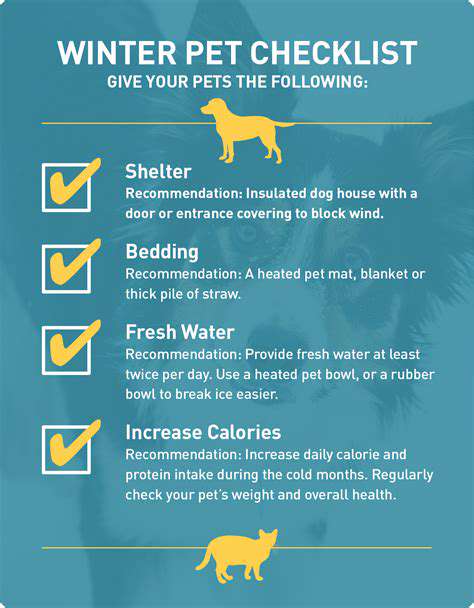Managing Puppy Biting and Nipping
Why Do Puppies Bite?
Puppies bite for a variety of reasons, often tied to their natural curiosity and developmental needs. Much like human babies, they explore their surroundings by putting objects in their mouths, which sometimes includes fingers, toes, or clothing. This behavior isn't malicious - it's their way of learning about textures, tastes, and reactions.
During social interactions with littermates, puppies frequently use their mouths to communicate. When separated from their siblings too early, they may not have learned proper bite inhibition, making human interactions more challenging. This lack of early socialization often leads to harder, more frequent biting that requires patient correction.
Puppy Teething and the Pain Factor
Between three and six months of age, puppies experience significant dental changes as their baby teeth fall out and adult teeth emerge. The discomfort from teething drives many puppies to seek relief by chewing on anything available, including hands, furniture, or shoes. This phase typically peaks around four months when the most teeth are actively erupting.
Frozen washcloths or specially designed teething toys can provide tremendous relief. The cold helps numb sore gums while the texture satisfies the chewing urge. Rotating different textures (rubber, rope, frozen) keeps the puppy engaged and less likely to seek inappropriate items.
Playful Nipping and the Importance of Play Boundaries
Play biting serves multiple purposes for puppies - it's how they initiate interaction, express excitement, and test social boundaries. Puppies naturally learn bite inhibition from their mother and littermates, who will yelp or stop playing if bitten too hard. Without this feedback, human owners must provide consistent responses.
When play becomes too rough, immediately disengage by standing still and withdrawing attention. After 30-60 seconds of calm, redirect to an appropriate toy. This teaches that gentle play continues while rough play ends the fun. Consistency across all family members is crucial for the puppy to learn this lesson.
Developing a Positive Relationship Through Training
Rather than punishing unwanted behavior, focus on rewarding alternatives. Keep small treats handy to immediately reward gentle play or calm moments. Over time, the puppy learns that keeping teeth to themselves earns praise, affection, and sometimes tasty rewards.
Interactive games like fetch or puzzle toys provide mental stimulation that can reduce nipping from boredom. A tired, engaged puppy is less likely to resort to excessive mouthing behaviors. Regular training sessions, even just 5-10 minutes several times daily, reinforce desired behaviors while strengthening your bond.
Effective Techniques for Managing Puppy Biting
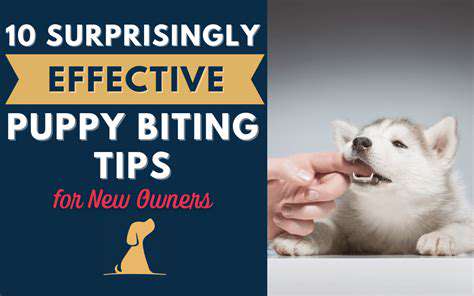
Prioritizing Training Moments
Effective puppy training requires identifying key moments when the puppy is most receptive to learning. Catching a puppy before they become overexcited creates better training opportunities than trying to correct behavior mid-zoomies. Morning sessions often work well when the puppy is rested but not yet full of energy.
Watch for subtle signs like increased sniffing or pawing that often precede biting. Redirecting before the first nip creates better habits than waiting until after multiple bites occur. This proactive approach helps the puppy learn appropriate alternatives more quickly.
Consistent Response Techniques
Every family member should use the same verbal cues (Ouch! or Too bad!) and responses when bitten. Inconsistency confuses puppies and prolongs the biting phase. Even well-meaning laughter or attention after gentle bites can reinforce the wrong behavior.
For persistent biters, keeping a short leash indoors allows gentle corrections by guiding the puppy away when they become mouthy. This physical boundary helps reinforce verbal cues during the learning process.
Environmental Management
Puppy-proofing goes beyond electrical cords - remove tempting chew targets like loose shoes or dangling clothing. Having approved chew toys readily available in every room prevents many biting incidents. Rotate toys weekly to maintain novelty and interest.
For highly mouthy puppies, bitter apple spray on hands or furniture can discourage chewing while proper alternatives are learned. This temporary measure should phase out as training progresses.
Socialization Opportunities
Properly vaccinated puppies benefit tremendously from playdates with well-mannered adult dogs. Older dogs often teach bite inhibition more effectively than humans ever could. Observe these interactions to learn canine communication cues you can mimic during training.
Puppy kindergarten classes provide supervised socialization while teaching basic obedience. The distraction of other puppies helps reinforce focus on owners during training.
Patience and Perspective
Remember that mouthing is temporary - most puppies outgrow excessive biting by six to eight months with consistent training. Documenting progress helps maintain perspective during challenging phases. Weekly videos often reveal improvement that's hard to notice day-to-day.
If frustration builds, take breaks using a safe confinement area with appropriate chew toys. A calm, patient trainer teaches more effectively than an angry or stressed one. The effort invested during puppyhood pays off with a well-mannered adult dog.
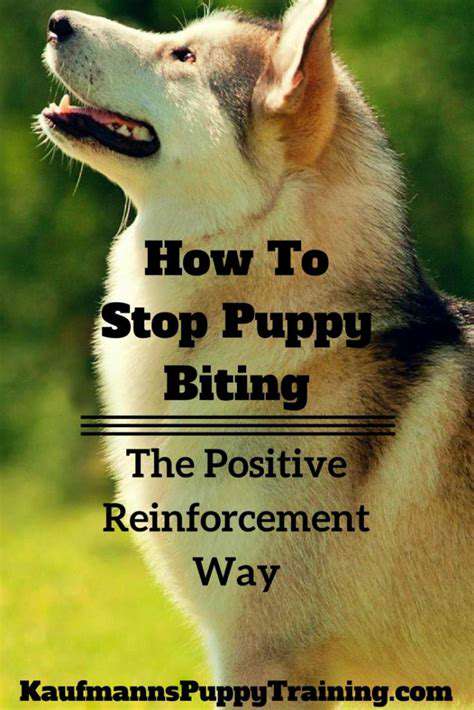
Read more about Managing Puppy Biting and Nipping
Hot Recommendations
- Holistic Pet Health: Integrating Approaches
- The Future of Pet Identification: Biometric Scanners
- Service Dogs for PTSD: A Guide to Support
- The Benefits of Non Anesthetic Professional Teeth Cleaning
- Herbal Supplements for Pet Joint Health
- The Intersection of IoT and Pet Wellness
- Healthy Weight Management for Senior Pets
- The Best Pet Beds for Orthopedic Support and Comfort
- Competitive Dog Sports: Agility, Flyball, Dock Diving
- Luxury Pet Hotels: Pampering Your Beloved Pet

